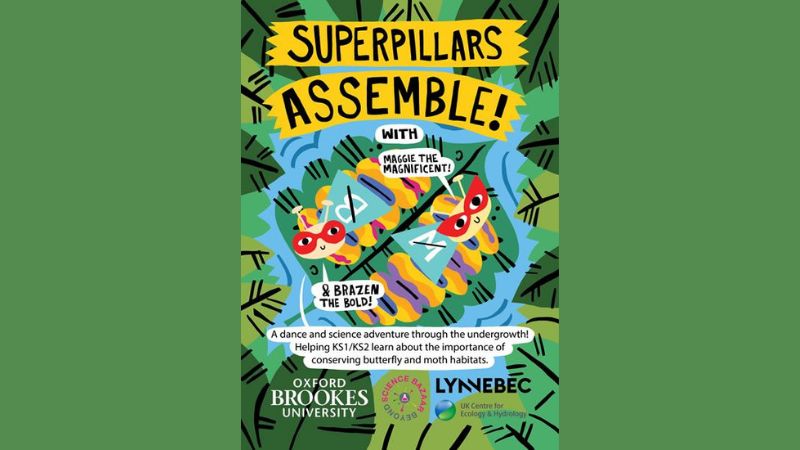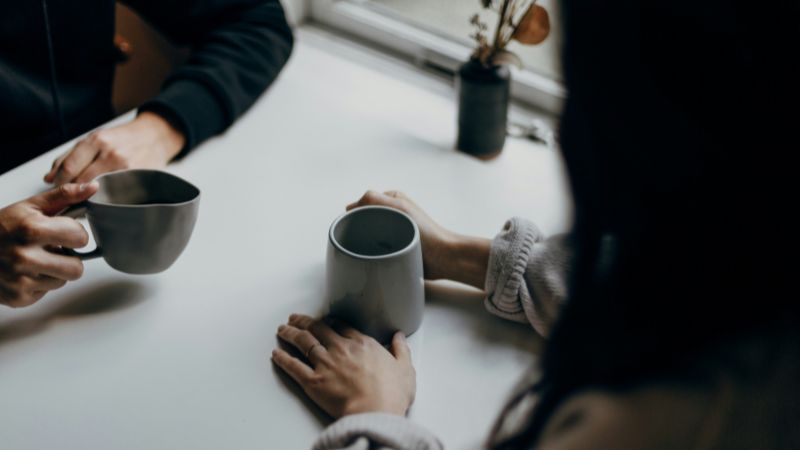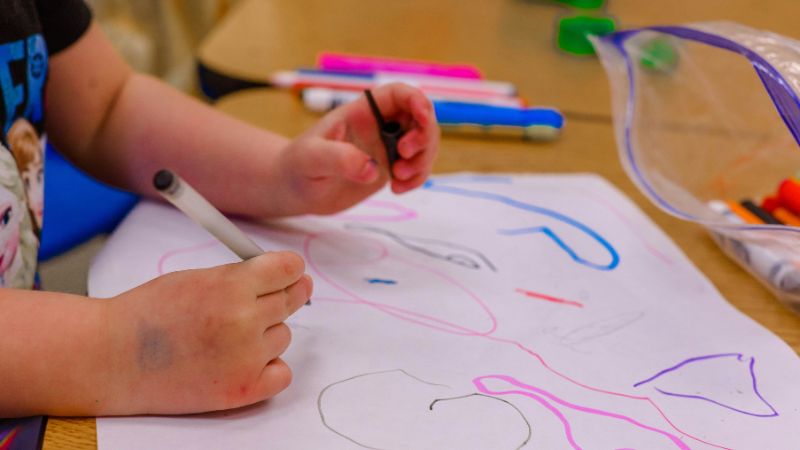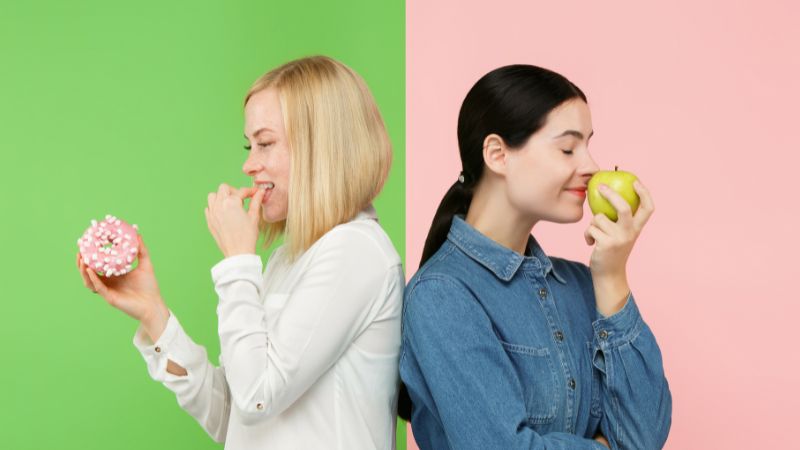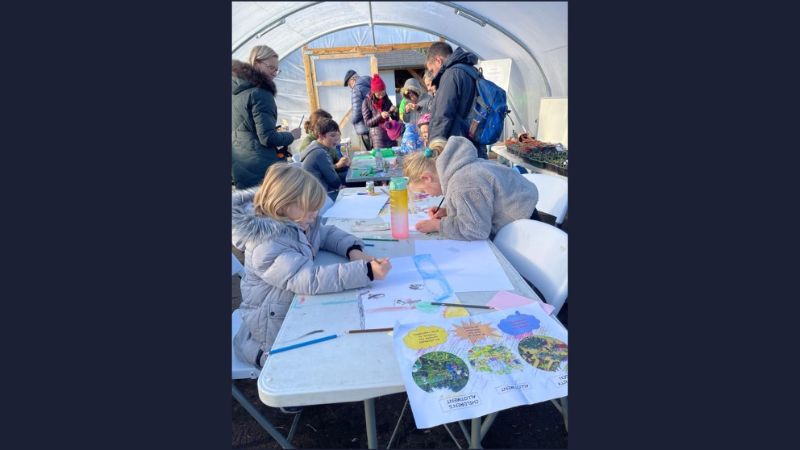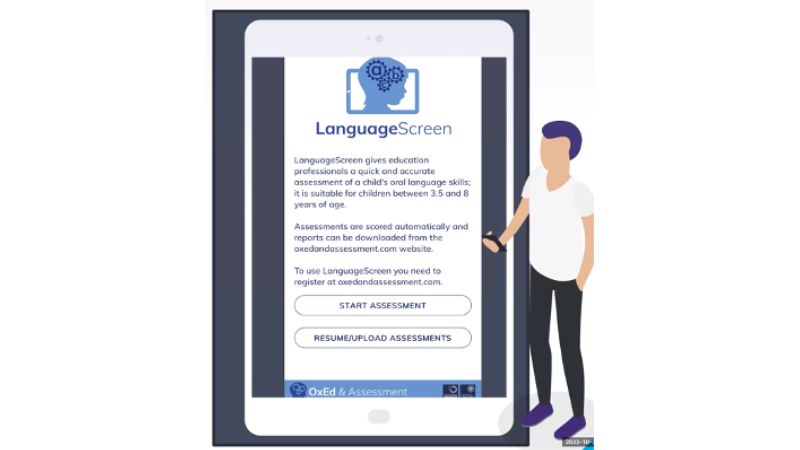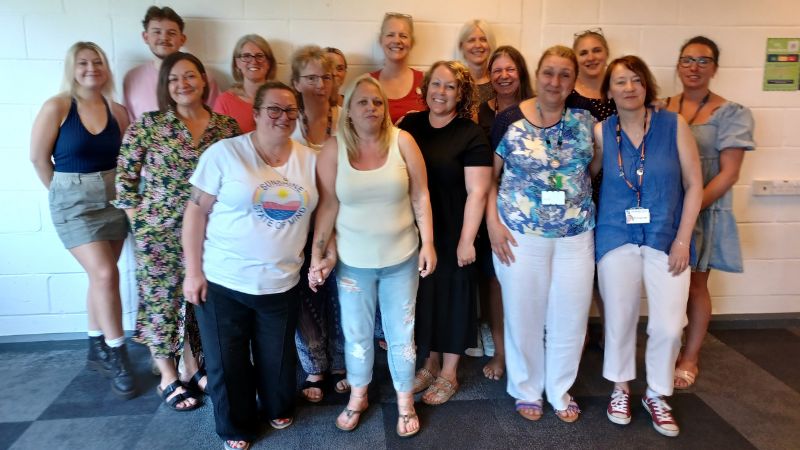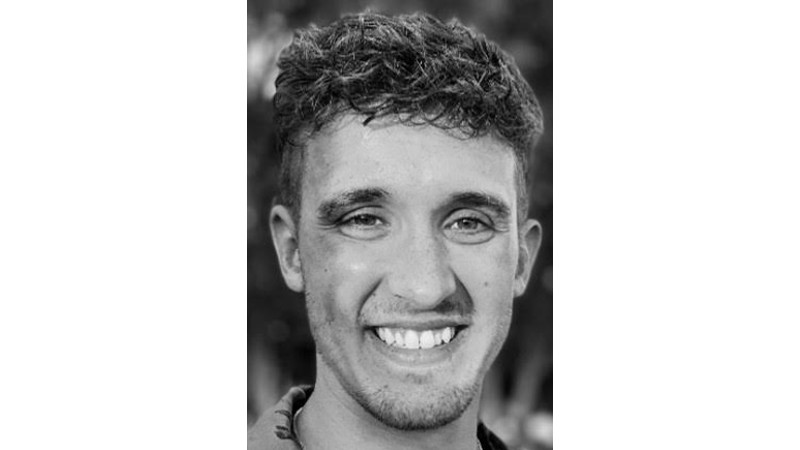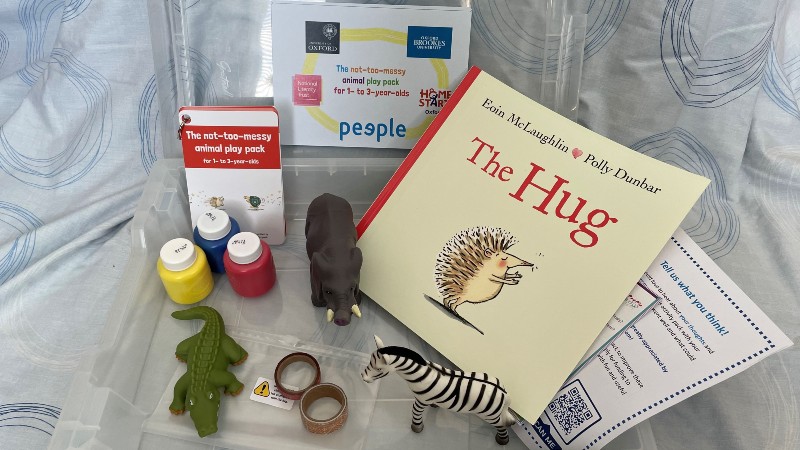For adolescents in Ireland, deciding what food to eat mostly centres around minimising feelings of guilt, says an Oxford Brookes Nutritionist.
The research was part of Dr Aisling Daly’s doctoral work for which she was recently awarded a PhD. She is currently a Lecturer in Nutrition in the Faculty of Health & Life Sciences. While this research was conducted amongst Irish teens, the findings are likely applicable to UK teens as well.
She completed her research at a time when adolescents across Europe are finding it difficult to meet healthy eating recommendations. Obesity and obesity-related health conditions are rising, and given the negative health effects throughout life, establishing healthy eating and positive lifestyle habits early on in life is imperative.
Dr Daly’s work is addressing the lack of research into adolescent food choice decisions, which is important to understand why adolescents may choose less healthy foods despite reporting that they are motivated by health and nutrition, as indicated in another study completed by Dr Daly.
Using focus group discussions and reflexive thematic analysis, this qualitative component of her PhD researched adolescents between the ages of 15 and 17 years from Irish schools.
Discussions with the adolescents revealed the extent to which they make very complex food choices that depend on a myriad of factors.
It was their repeated references to ‘feeling bad’ or underlying feelings of guilt in food decisions that led Dr Daly to make the role of food guilt the major subject of her published works.
Dr Daly notes, “what was most interesting in this research was often what wasn’t said, rather what was implied by a lot of the discussions. Guilt was mentioned directly a few times, but it had an underlying presence in many of the other comments when participants were mentioning ‘it depends’ quite a lot”.
She uncovers the main sources of guilt as stemming from parents, peers, and from themselves internally.
The guilt can arise for a variety of reasons, which can change depending on the social context. Unsurprisingly, taste, enjoyment, price and convenience also influence food choices. However, there is no single key barrier to healthy eating among teens, rather conflicting priorities make the decision more challenging, and often seem to induce some element of guilt. Getting the right balance to minimise this guilt is a challenge for these teens, and often reducing one form of guilt might increase another form of guilt.
They can feel guilty for eating unhealthily, for wasting food or for spending too much on food. Fast-food locations often provide a social setting that offers affordable food, but that is often less healthy.
In the adolescent stage of life, independence generally increases and spending time with friends is important. For food decisions, this means that social norms begin to play a role.
The extent to which certain foods are socially acceptable to eat can lead to food guilt. Adolescents try to choose the ‘right’ food to eat but have to balance personal preferences with social pressure, balancing the effect the food might have for their physical health with their “social health”.
As most adolescents live at home with parents/caregivers, the particular home food environment also shapes their choice. Equally, as adolescents navigate the demands of daily life, convenience also becomes a key factor in food choice.
As they balance several factors in deciding what to eat, so too they deal with conflicting emotions about physical health, mental health, emotional health, peer pressure and concerns about what is and isn’t acceptable to eat in front of others.
They may choose to eat unhealthy foods to boost their mood, to gain favour with friends, etc., while at the same time sacrificing their physical health and possibly developing bad habits that will carry into adulthood - all the while feeling very guilty about what they are eating, especially if the food is unhealthy.
After taking into account all the factors and if the feelings of guilt are too strong, they might change their final food choice. Food choices very much depend on balancing sources of guilt. Based on this, Dr Daly developed a conceptual model of a “food choice funnel” for adolescent food choices, with a focus on mitigating feelings of food guilt.
In public health campaigns around the promotion of healthy eating to adolescents, this research shows that the messaging would need to be very holistic. In other words, health promotion messages need to be balanced and in support of healthy growth and development while not adding more pressure to adolescents by inducing more feelings of guilt.
Dr Daly further notes “our healthy eating messages should still support adolescents to develop healthy habits and to eat a healthy, balanced diet to support their physical needs for growth and development, but we need to phrase and deliver these messages in a way that allows for enjoyment of food and eating amongst friends in a social setting, without developing food guilt or affecting emotional or mental health”.
“Helping adolescents develop a positive relationship with food, while maintaining a predominantly health-promoting diet is important, but challenging. We also can’t ignore the strong influence the food environment has on all food choices - we can only choose foods that are available to us, so more systemic work also needs to be done to help make the healthy choice the easy choice”.
Commenting on future directions, Dr Daly says that “moving forward, I would like to continue exploring this concept of food guilt, which is not completely new, but hasn’t been explored in detail. I would like some future research to involve adolescents, perhaps using a Photovoice approach, where they show us where they are making food decisions, what food is available to them, and their feelings or considerations when making food choices”.
“This should help us understand what we can do to support positive choices and behaviours, and what may need to be addressed at a wider level in terms of the food environment, as well as understanding the emotional connections to food and food choices”.
Dr Daly’s qualitative research has been published in the Appetite journal and was co-authored with John Kearney and Elizabeth O'Sullivan (Technological University Dublin). To complement this study, she has also published a statistical component with colleagues.
She is a member of the Global Adolescent Nutrition Network and the Oxford Brookes Children and Young People (CYP) Network.
All Brookes staff, research students and external partners are invited to join the CYP network.
